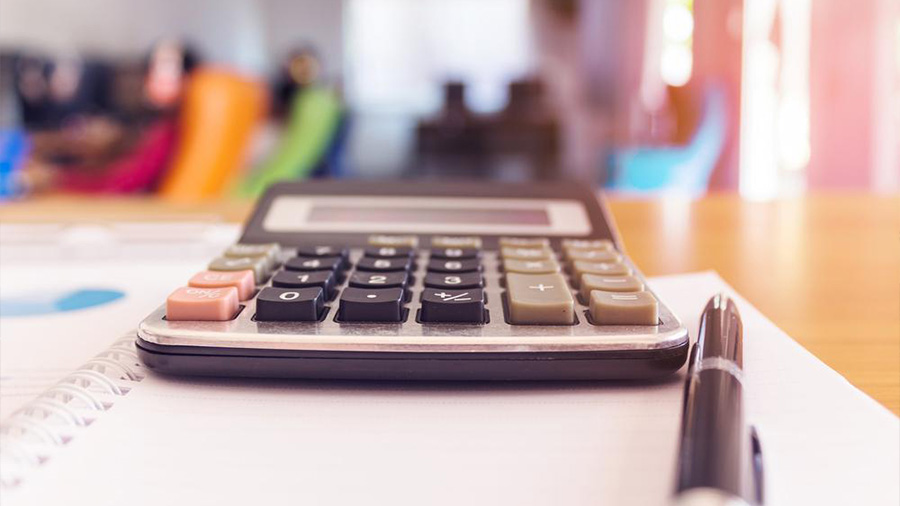Property tax is levied on income arising from the letting of immovable property in Hong Kong, which is payable by the owner(s) at the standard rate of the year of assessment on “net assessable value.”
Under the provisions of the Inland Revenue Ordinance, every joint owner or owner in common is responsible for reporting rental income on tax returns and paying property tax as if they are the sole owner.
Where the owner receives only rent and no other benefit, the annual rent is the “assessable value.” The assessable value should include rent receivable (due but not yet received). Irrecoverable rent can be excluded from tax charges in the year in which it became irrecoverable. Any amount subsequently recovered is assessable to tax as income in the year of recovery.
The property tax is paid on 15 percent of the net assessable value:
- If the tenant pays rates, the net assessable value is equal to the assessable value less a standard allowance of 20 percent for repairs and outgoings;
- If the owner is responsible for paying rates, rates paid can be deducted before allowing for the 20 percent standards allowance.
Rates are an indirect tax imposed on properties. These rates are calculated at five percent of the rateable value, i.e., a property's estimated annual rental value determined as of the designated valuation reference date, typically set on October 1.
A year of assessment runs from April 1 to March 31 of the following year.
Obligations and penalties
Section 71(1) of the Inland Revenue Ordinance (Cap. 112) outlines the procedures for paying taxes as per this Ordinance. It stipulates that individuals or entities subject to taxation under this Ordinance must follow the payment instructions provided in the assessment notice.
Tax payments must be made on or before the specific due date indicated in the assessment notice. Failure to make timely payments will result in the taxes being considered as in default.
If the first installment of taxes, as specified in the assessment notice, is not paid by the designated due date, the second installment will immediately become due. Any remaining unpaid balance of the total tax indicated in the assessment notice will also be considered in default, and it will become immediately recoverable.
The Commissioner of Inland Revenue possesses the authority to take necessary steps to recover the outstanding tax amount. These recovery actions may include imposing a five percent surcharge on the balance mentioned in the demand notice, issuing a recovery notice to third parties, and initiating legal actions, among other measures.
Tax relief for business properties
If the income generated from your property is subject to Property Tax and is also considered part of your Profits Taxable income, or if you utilize the property you own for business-related activities, you could reduce the amount of Profits Tax you owe by deducting the Property Tax paid.
Furthermore, corporations engaged in trade, professions, or businesses in Hong Kong can request a written exemption from paying Property Tax. This exemption can help avoid the Property Tax from being offset against their Profits Tax liability.
Provisional property tax
Property tax is chargeable on net assessable value for each year of assessment. As the net assessable value for any particular year can only be known after the end of the year concerned, a provisional tax charge must be raised. When the net assessable value for the year of assessment is subsequently ascertained, an assessment will be made, and the provisional property tax paid will be utilized to offset the tax liability under the assessment.
Property tax calculations
Property taxes are calculated based on the standard rate, which is applied to the net assessable value of the property for the specific assessment year. The assessment year spans from April 1 to March 31 of the subsequent year. The net assessable value is determined through the following method:
Application grounds
If you need an extension to pay your provisional property tax, there are several legitimate reasons for making such a request. Here's a breakdown of the situations that warrant an extension:
- Assessed Value Decrease: If the assessed value for the current tax year, which serves as the basis for your provisional tax assessment, is expected to fall below 90 percent of either the previous year's assessed value or the estimated assessable value for which you're obligated to pay provisional tax, you have grounds for requesting a deferral. For example, suppose your provisional property tax is calculated based on an assessed value of HK$300,000 (US$ 38,300). In that case, you can apply for a deferral if the assessed value for the current year is projected to be less than HK$270,000 (US$ 34,500).
- Ownership Cessation: If you've either already relinquished ownership of the property or plan to do so before the end of the tax year for which provisional tax was assessed, resulting in a reduction in the assessed value used for provisional tax calculation, you must provide detailed information regarding the cessation of ownership and the rental income you have received or anticipate receiving in support of your request.
- Personal Assessment Choice: If you've opted for personal assessment for the tax year in question and this decision is expected to lower your overall tax liability, you can request an extension for your provisional tax payment.
- Filed Objection: In case you've objected to your property tax assessment for the immediate prior year, which directly affects the provisional tax assessment year, you are also eligible to apply for a deferral of provisional tax payment.
Application time limit
Your application for holding over of provisional tax should be lodged no later than:
- 28 days before the due date for payment of the provisional tax or
- 14 days after the date of issue of the notice for payment of the provisional tax, whichever is later.
If the provisional tax is payable in two installments and the first installment has been settled by the due date, an application for holding over the whole or part of the second installment may be made subject to the prescribed time limit and grounds for the application.
Property tax returns (BIR57 or BIR58)
Property tax returns are distributed to various property stakeholders, including joint owners, co-owners, corporations, and associations of individuals. However, if you are the exclusive property owner, you should disclose your rental income in the Tax Return - Individuals (BIR60).
There are two distinct sets of property tax return forms available:
- Property Tax Return - Property Owned or Co-owned by Individuals (BIR57)
- Property Tax Return - Corporations and Associations of Individuals (BIR58)
Tax returns filing deadline
Companies must file Property Tax Returns BIR57 and BIR58 within one month from the date of issuance. If your situation aligns with the criteria established by the Commissioner, and you opt for online submission, you will automatically receive a two-week extension.














